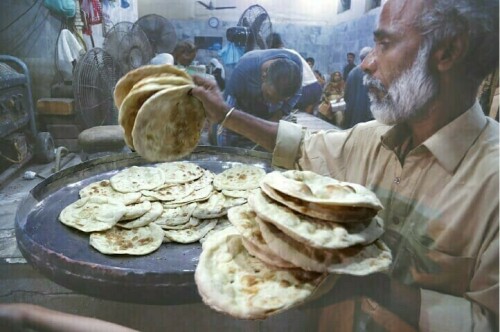ISLAMABAD: The Metropolitan Corporation Islamabad (MCI) has decided to launch a new project for an integrated water management system for stopping water from being wasted and improving supply.
MCI has started work on the project with the Planning Commission which will be completed in three years.
Under the proposed project, existing nullahs will be rehabilitated and water supply schemes will be improved.
Existing nullahs to be rehabilitated, groundwater to be improved, leaky supply lines are to be mended under the project
“It is a huge project and we have started work on completing the concept paper etc. after getting input from the Planning Commission. At this stage, it is difficult to estimate the cost of the project,” said Chief Metropolitan Officer (CMO) Syed Najaf Iqbal.
He said there are a dozen nullahs in Islamabad which need to be rehabilitated.
“We will also focus on improving underground water,” he said, and that watershed management is also part of the project.
“Our supply lines are rusty and old and water leakage is also a problem and we will cover all these things in the project,” he said.
Sources in MCI said some 30pc of water from the main supply line is subject to wastage or theft. They said that if proper steps are taken to control the wastage of water, the water crisis can be controlled to some extent in the capital city. The urban areas are currently being supplied only 60 million gallons per day (MGD) when it needs 110MGD.
The CMO said a meeting was held recently at the Planning Commission where the PC-1 of a project for installing four sewage treatment plants on the tributaries of Rawal Lake was discussed in detail.
The revised PC-1 which increased the cost of the project from Rs2.2 billion to approximately Rs3.6 billion was submitted by the MCI to the Planning Commission recently.
The CMO said MCI will bear 64pc of the expenses of the project and that the budget for this has been allocated in PSDP 2018-19 while 36pc of the costs will be borne by the Punjab government.
The plants will significantly reduce contamination in the lake, he said.
According to the PC-1, sewage treatment plants will be set up in four places- Bari Imam, Lower Shahdhara, Upper Shahdhara and near Simly Dam.
“We are hoping to have the project approved from the Planning Commission’s Central Development Working Party in the next few weeks after which it will be referred to the executive committee of the National Economic Council,” Mr Iqbal said.
In the absence of sewage treatment plants, Rawal Dam receives untreated sewage from unplanned localities in the catchment areas, which contaminates the water and poses risks to aquatic life and to residents of Rawalpindi.
Sources in MCI and the Capital Development Authority said unplanned construction in Bhara Kahu, Pind Bagwal, Phulgran and Bari Imam have become a source of contamination in Rawal Dam and that these settlements are also disrupting the supply of water for urban areas as there are many illegal connections to the main supply lines from Simly Dam which was originally designed to supply water for urban areas of the capital only.
Published in Dawn, June 23rd, 2018















































Dear visitor, the comments section is undergoing an overhaul and will return soon.